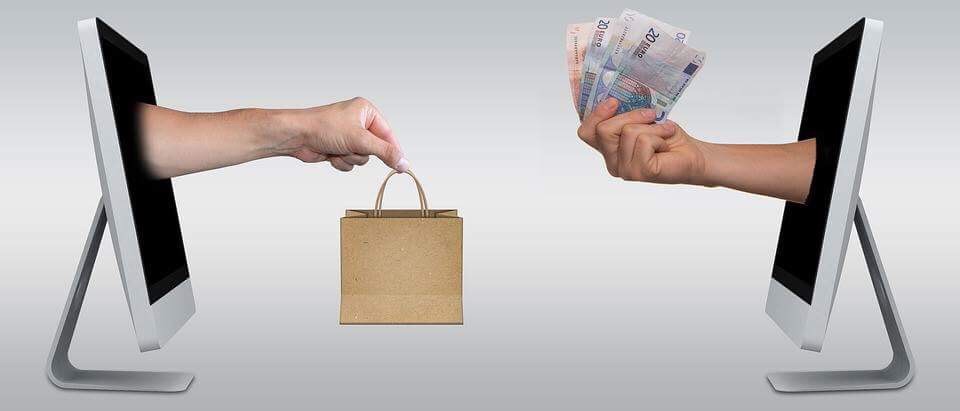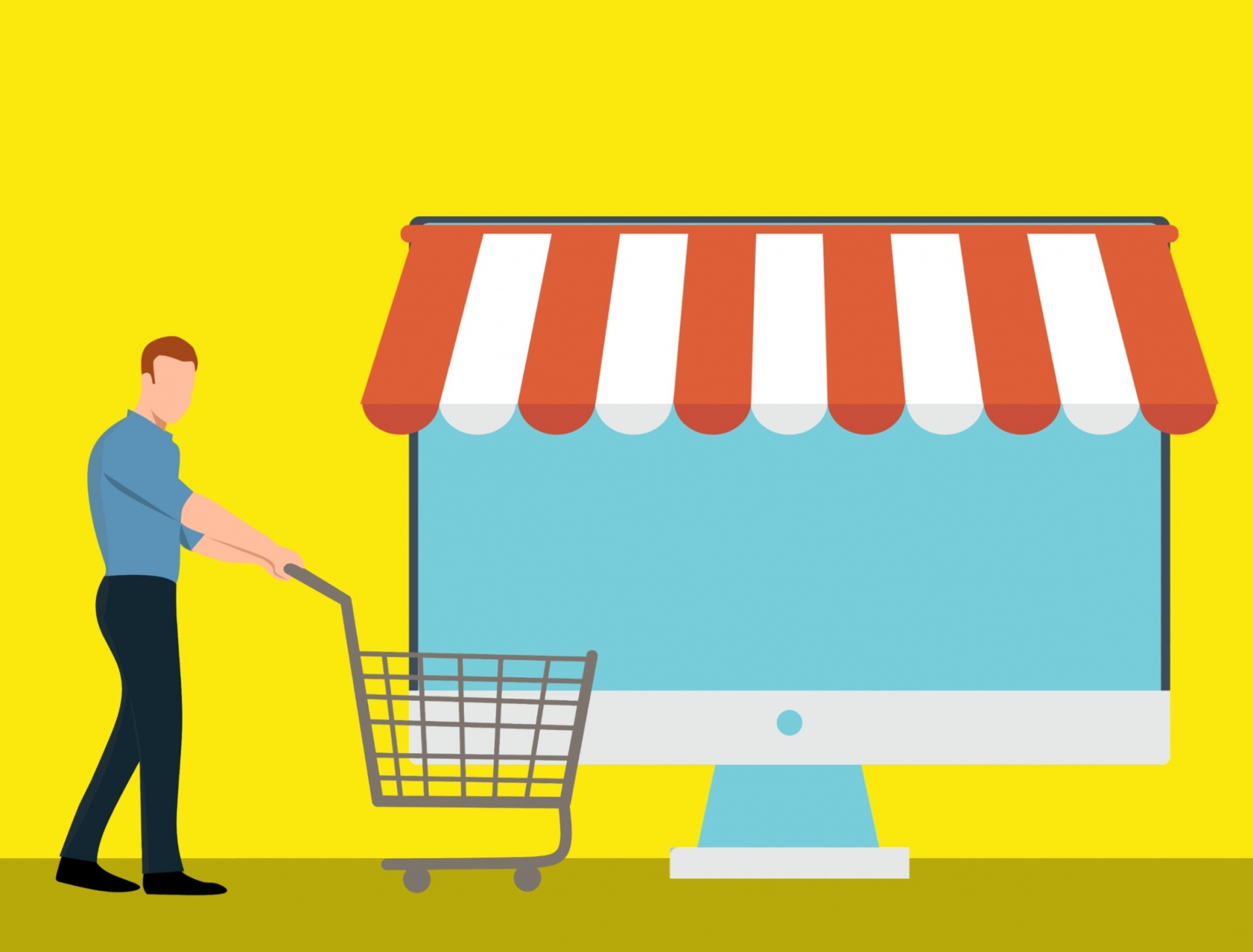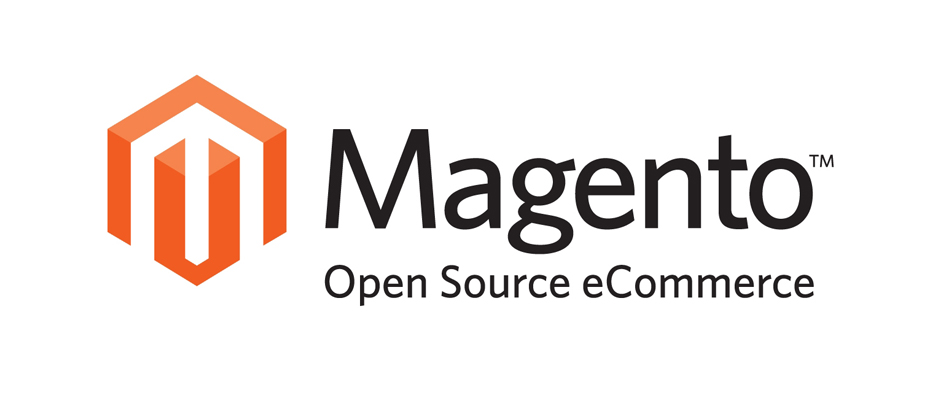The flexibility and independence offered by ecommerce make it an attractive prospect for hopeful entrepreneurs, but it can also be tough to know how to spend your investment best.
What makes for a profitable product niche? How do customers feel about AI and chatbots? Do I need to hire a development team right away?
To give arm you with the knowledge you need to get your own entrepreneurial operation off the ground, here are my answers to the most frequently asked questions about ecommerce:
1. “What do I need to launch an ecommerce business?”
To launch a small ecommerce business with a fair chance of succeeding, you just need a viable niche to target, a computer, a small amount of startup capital, and a lot of determination. As far as resources go, that’s it. No investors required, no support, no office.
To find a niche, identify the industry you’re interested in, and search for a gap in the market that you could fill with products or services. Look at your prospective competition and review what’s already available. What can you do differently and/or better? If you can hit upon your USP as a brand at this stage, you can lay out your operation before you even need to choose a product/service selection.
That it’s easy to get started doesn’t mean it’s easy to make progress, of course — even if things go your way, it will still take a while for you to get somewhere. To really pick up momentum, you’ll need to carry out thorough research, decide upon a comprehensive business plan, and maintain an unwavering dedication to your goal.
2. “Do I need to create my own products?”
You don’t have to create your own products — now, or at all. Many ecommerce businesses today sell products that are sourced from elsewhere, typically imported from wholesalers, and some even rely exclusively upon dropshipping, an approach that sees a retailer market and sell third-party products without having to deal with any of the practical elements such as production or fulfillment.
That said, if you do have a specific plan to create your own products, or you’re already producing them, then you’ll have some added flexibility as you start your business. Not only you will be able to predict your stock sourcing and pricing consistently, but you’ll also be in a position to implement creative changes to suit your market.
If you want to source products but not participate in the marketing and selling, you even have the option of pursuing the dropshipping model from the other side. That way, you can meet and fulfill orders while letting a dropshipping store handle the digital elements for you.
3. “What are the costs of starting an online business?”
While we can talk about small amounts of startup capital, we can’t get particularly specific, because the cost of starting an online business will depend massively on the technology you use, how you allocate tasks, and how much you’re willing to spend on it.
In the simplest scenario — setting up a dropshipping store using third-party inventories — then the initial cost will amount to the design and hosting fees, which will depend on the kind of store you set up (more on this later). If you are creating your own inventory or manually arranging a licensing deal with a wholesaler, you’ll need to factor in any production costs or licensing fees.
Following that, you’ll need to take a variety of demands into account, such as marketing, maintenance, and development, to name just a few. There’s little use in having a store live if it isn’t making any sales.
Take the time to set your budget, and confirm your funding sources before you make any financial decisions. You’ll find many opportunities to reduce your overheads as you go, so even if you are operating on a shoestring budget, you can still thrive in the long run.
4. “How do I know my products will sell?”
If you approach things correctly, by the time you’re actually ready to launch your business, you’ll have done plenty of research to ensure that your chosen niche is viable. Along the way, you’ll have:
Explored demand and competition.
Researched suppliers, storage, and shipping costs.
Learned about applicable legislation and restrictions.
Chosen your marketing strategy, target audience, and marketing platforms.
While you won’t know that what you’re offering will sell (the ecommerce world rarely guarantees anything), you will have a great deal of confidence that it has the potential to do very well — and with your niche in mind, you’ll always have the opportunity of pivoting to a different set of products or services if your initial setup doesn’t perform as hoped.
Establishing your brand over time will be hugely helpful as well. The more positively people view your business as a whole, the more likely they will be to want to buy from you, regardless of what specifically you’re selling. Put some time into creating a high-quality logo and a solid marketing message, then strive to increase your visibility and authority to start building up consumer trust.
5. “Do I need web design skills to create an online business?”
You actually don’t need web design skills at all in today’s ecommerce world. While there’s something to be said for creating a custom store, the advent of template-driven ecommerce solutions such as Shopify, Weebly or Volusion has made it perfectly achievable (and often considerably more efficient) to build an attractive store without knowing anything about the underlying code.
Suppose you want to go with the basic dropshipping model we covered earlier — you can throw together a basic responsive store using Shopify’s inexpensive from-scratch eshop designer then use dropshipping sites to find suitable third-party products to pull in.
As such, while web design knowledge is certainly very useful to have, it’s far from a mandatory ingredient for creating an ecommerce business. If you can’t find a hosted system that suits your requirements, you can always hire a web design specialist to configure a self-hosted option for you (Magento Open Source is great for this) or even task them with building a custom site to meet your needs.
The key here is to know when it’s time to outsource tasks to the experts — you could be wasting time trying to figure out coding when you could be selling instead!
6. “How do I get customers to find my business?”
As noted, building a strong brand will be vital for building consumer loyalty, and the other core component is attracting those consumers in the first place. All the effort you put into finding your niche, planning your business and setting up your website will be wasted if you don’t reach out to people in the right way.
Here’s how you can start bringing in relevant traffic once you’ve launched your store:
Find out where your target audience spends time online, and reach out there.
Target high-traffic keywords to improve your copy and rank higher in searches.
Optimise your website for mobile browsing, fast loading, and ease of navigation.
Stay active on at least one social media platform to expand your reach.
Collaborate with key influencers to get the word out about your brand.
Create valuable content that will give people more reasons to visit your store.
Digital marketing is a complex industry, and there’s always more to learn, but you can get quite far without needing to get incredibly granular with the technical elements. Focus on making your website easier to use, producing valuable content, and fostering positive interactions with your audience. When you’re comfortable enough with what you’re doing, you can invest in an omni-channel marketing strategy to achieve further growth.
The great thing about strong marketing is that it produces compounding returns. Win a customer’s loyalty, and that customer will be more likely to recommend you to others, leading to more traffic and thus more opportunities to win loyalty.
7. “Can I make a living from ecommerce?”
The answer, of course, is yes — it’s entirely possible to achieve that level of success. More digital entrepreneurs than ever before are bringing in enough revenue to live comfortably while setting aside money for continued business expansion and development.
That said, never forget that any business venture is a gamble, and the ecommerce world fluctuates rapidly. Stores bringing in huge profits one year can find themselves struggling the next due to economic turbulence and tough-to-predict changes in consumer buying habits.
Because of this, make sure that any risks you take are calculated. Plan out an emergency strategy to cover you should you run into difficulties and allow for the potential need to rethink the overall direction of your business.
Ecommerce certainly isn’t a walk in the park, but with a well-selected business model, smart marketing, strong commitment, and great technology, anyone can build a thriving online business. Start small, scale as you go, and there’s no telling where you’ll be in a year.
Are you thinking in launching your own ecommerce? Visit us, we build successful stores by the best system integrators.
Thanks to Patrick Foster for sharing this amazing blog post!
Patrick Foster is a writer and ecommerce pro from Ecommerce Tips — a ecommerce blog that offers practical marketing advice so your online store gets the exposure it deserves. Check out the latest posts on Twitter @myecommercetips.








